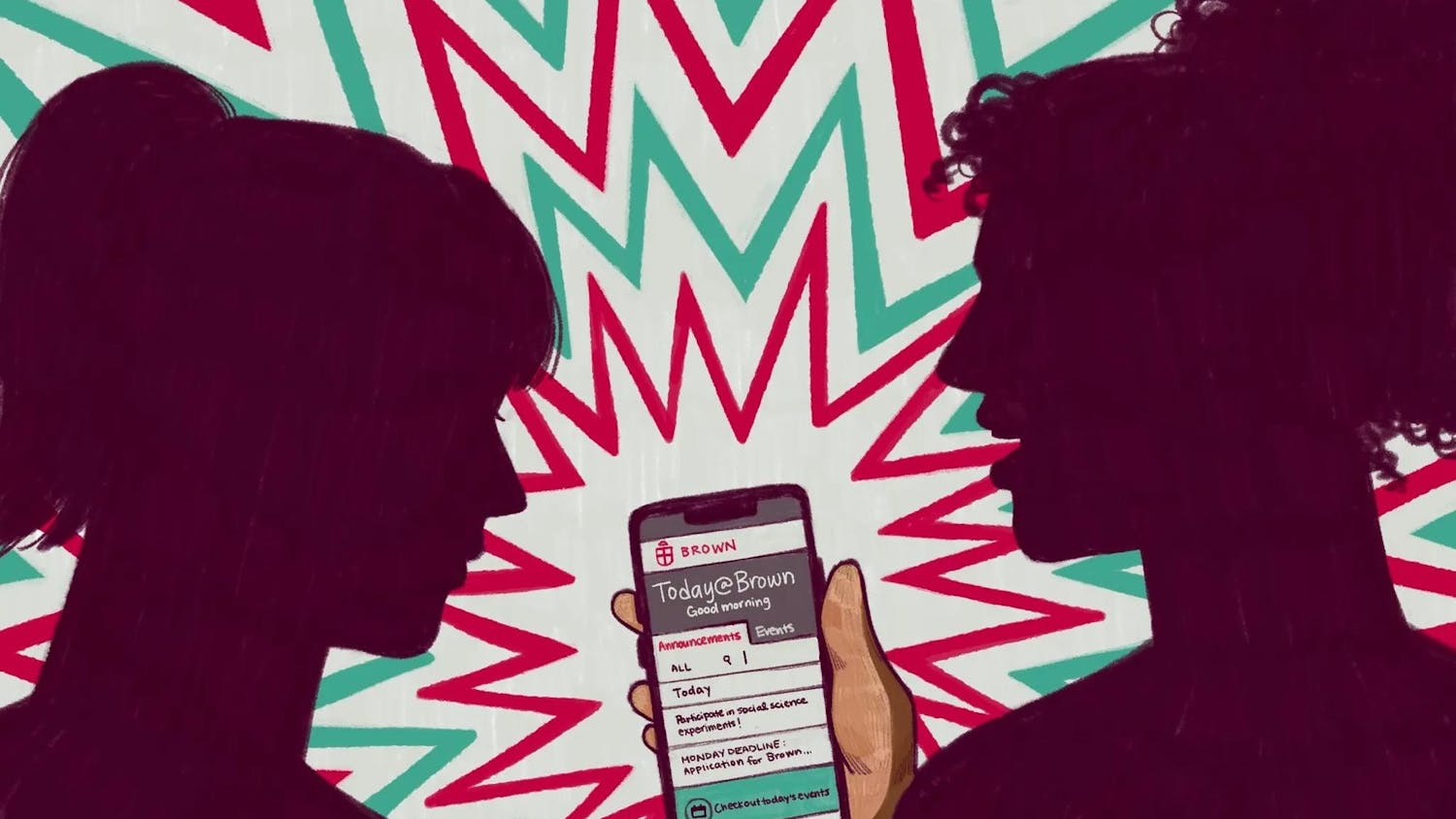The University's highest priority should be the health and safety of its students, yet this does not always seem to be the case at Brown. When I applied, I was told that students seeking Emergency Medical Services would have access to Brown's Health Services 24 hours a day and that all such visits would be confidential. But just as I arrived, everything changed.
Due to the renewed enforcement of a Rhode Island regulation requiring ambulances to bring patients only to facilities staffed by a physician, Brown began in 2008 transporting students seeking medical help at night to the emergency room at Rhode Island Hospital. At the same time, that meant expensive fees and unwelcome co-pay charges — something that parents are sure to notice.
The end result of this change in care has been disastrous for the health and safety of Brown students. A recent article in The Herald, ("Fewer EMS'd since 2008 policy change raised costs," Nov. 7), outlined how the number of students seeking EMS has dropped 29 percent since 2008, while those refusing EMS care had reached its highest levels since 2006, the first year for which data is available.
The new policy represents a very real intrusion on the privacy that all Americans should expect and an undue burden on students already shouldering the enormous costs of college. It needs to be seen for what it truly is — a failure of the state of Rhode Island to put the health and of its citizens, especially students, first.
The truth is that the health needs of University students are very different than for the state of Rhode Island at large. By enforcing the regulation, the State forced Brown to disband night hours at Health Services, forcing sick students to go to the emergency room as their only choice. I do not doubt that there are and will continue to be times when students are so sick that they do indeed require emergency room care. In these instances, EMS is doing the only responsible thing by overriding any objections and rushing those in desperate need to the nearest hospital.
But for the vast majority of maladies that students will suffer, a trip to the emergency room can often do more harm than good.
In a city like Providence, emergency rooms have a lot more to deal with than an 18-year-old with a stomach bug or a 21-year-old who had a little bit too much to drink for her birthday. For the most part, students' cases are triaged, often causing them to wait needlessly for hours. A friend of mine, who tripped and fell late at night and cut open his chin, waited in the ER for three hours just to get a bandage. He had to wait until the next day to get the stitches he needed. Not only was his experience a waste of his time, but it may also lead to needless scarring.
And his case is surely not the only one that could have been handled faster and more efficiently at overnight Health Services.
The truth is that most students would end up calling EMS for a friend because they do not have the patience or the time to act as a mother. A student sick from a night of too much drinking would probably be fine after drinking a bottle of water and getting a good night's rest. Yet, when confronted with spending the remainder of one's Saturday evening returning a drunken friend to his dormitory across campus, washing him up, making sure he drinks water and getting him into bed, many students would rather pick up the phone and call EMS.
When Health Services was staffed by nurses 24 hours a day, this was a straightforward decision. Now, one only has two choices: hope for the best or call EMS for the friend, thereby inviting hefty charges for him and likely his resentment, too.
Ultimately, this has created a stigma around calling EMS for a drunken friend. The conventional wisdom dictates that one should err on the side of caution, yet the repercussions of sending a friend to the hospital after a night of drinking could be enough to prevent students from making the smart decision. The current policy discourages students from calling EMS, and leads to sick students refusing service when medics arrive.
It is time to recognize the renewed enforcement of the Rhode Island policy for what it is — a boon to State treasuries at the expense of students with limited options. It is time for Rhode Island to repeal this unnecessary policy and restore choice to those who happen to fall ill at night.
Ethan Tobias '12 reminds you to always drink responsibly and seek medical care when necessary. He can be reached at Ethan_Tobias@brown.edu.




